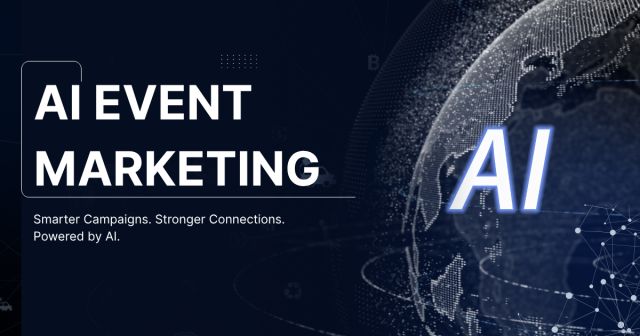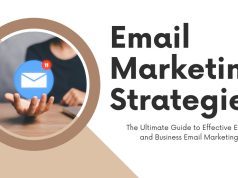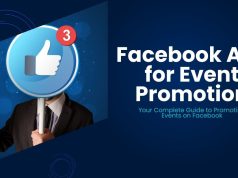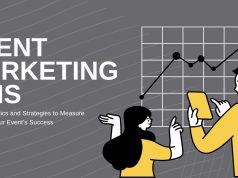AI helps event marketers personalize experiences, automate tasks, and analyze data to improve engagement, boost ROI, and create more impactful events.
In today’s competitive landscape, event marketers are under constant pressure to deliver memorable experiences that resonate with attendees and drive measurable results. Traditional one-size-fits-all approaches no longer cut through the noise. Instead, personalization is the key to standing out, building meaningful relationships, and boosting ROI. Artificial intelligence (AI) has emerged as a game-changer in the event marketing space, enabling marketers to harness data-driven insights and automate complex tasks at scale.
From predictive analytics that anticipate attendee preferences to chatbots that provide instant, personalized support, AI-powered tools are transforming how events are planned, promoted, and executed. In this article, we explore seven proven strategies for integrating AI into your event marketing efforts, with actionable tips on how to personalize the attendee journey and foster higher engagement before, during, and after your events.
Harness Predictive Analytics for Targeted Campaigns
Predictive analytics uses historical data, machine learning algorithms, and statistical models to forecast attendee behavior and preferences. By analyzing past event registrations, participation patterns, and engagement metrics, you can identify high-potential segments and tailor your marketing messages accordingly. For example, if predictive models reveal that a particular audience group is more likely to attend breakout sessions on emerging technology, you can craft personalized email campaigns highlighting those topics.
Implementing predictive analytics begins with consolidating data from CRM systems, email platforms, social media interactions, and web analytics into a unified dashboard. Next, leverage AI-powered tools or platforms that offer built-in predictive modules, such as propensity-to-attend scores or churn risk assessments. By assigning each contact a personalized likelihood score, you can prioritize outreach, allocate ad spend more efficiently, and deliver content that truly resonates with each attendee segment.
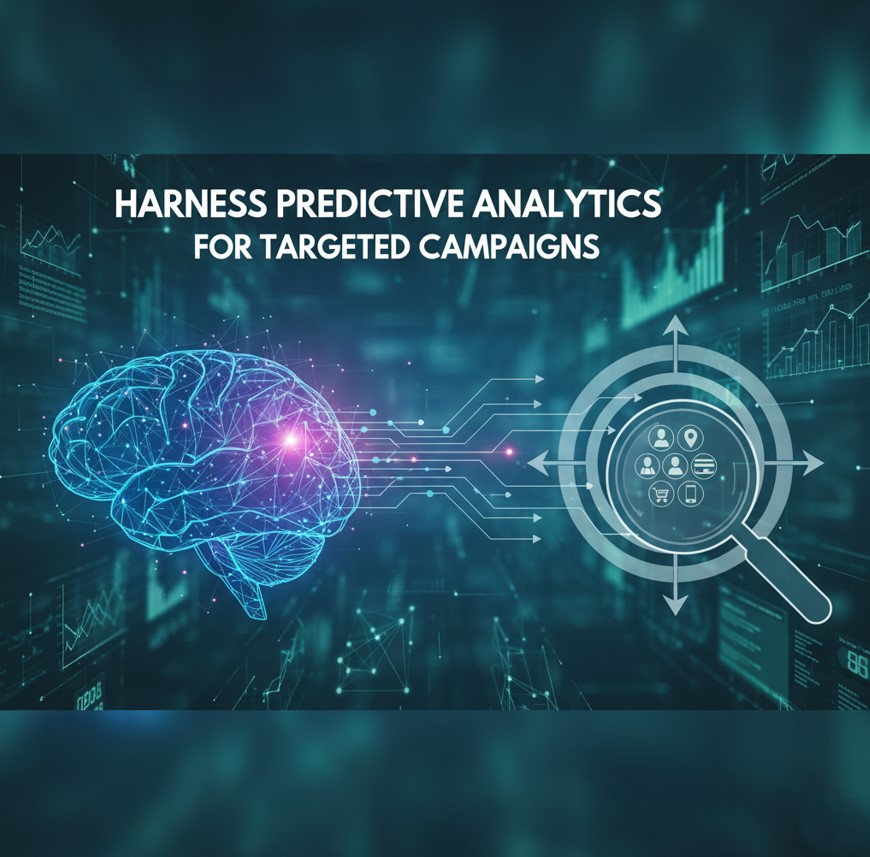
Leverage Chatbots for Real-Time Personal Assistance
Chatbots powered by natural language processing (NLP) can serve as virtual concierges for your event, answering attendee questions, providing session recommendations, and guiding users through registration or ticketing processes. Unlike static FAQ pages, AI chatbots deliver real-time, contextual responses that feel highly personalized. This instant support reduces attendee frustration and frees up your team to focus on more strategic tasks.
To implement chatbots effectively, start by mapping out the most common attendee inquiries—such as venue directions, schedule details, and speaker bios—and feed these into the chatbot knowledge base. Choose a platform that can integrate with your event management software and CRM to access attendee profiles, allowing the bot to make personalized suggestions. For instance, if a registered attendee is interested in sustainability topics, the chatbot can proactively recommend relevant sessions or networking opportunities.
Automate Email Campaigns with AI-Driven Personalization
Email remains one of the most effective channels for event promotion, but generic blasts yield low open and click-through rates. AI-driven email platforms analyze individual behavior—such as email engagement history, website visits, and past event attendance—to dynamically personalize subject lines, content blocks, and send times. The result is higher relevance, increased engagement, and improved conversion rates.
Start by integrating your CRM and event management platform with an AI-powered email solution that offers machine learning–based content recommendations. Create dynamic templates that swap images, calls to action, and copy based on each recipient’s profile and past interactions. Additionally, leverage send-time optimization features to ensure emails land in inboxes when recipients are most likely to read them. Track performance in real time and let the AI engine continually refine its personalization algorithms.
Personalize Onsite Experiences with Smart Badges and Beacons
AI isn’t limited to digital channels; it can enhance in-person interactions too. Smart badges and Bluetooth beacons enable hyper-personalized onsite engagements by capturing real-time location data and attendee preferences. For example, when a badge wearer approaches a sponsor booth, a beacon can trigger a personalized greeting or product demo on a nearby screen, creating a memorable moment that feels tailor-made.
To get started, partner with a provider that supplies smart badge hardware and a management platform with AI analytics. Configure proximity rules and content triggers that align with your event goals—whether that’s increasing sponsor visibility, guiding attendees through complex floorplans, or facilitating serendipitous networking. Post-event, analyze the interaction data to understand hot spots, dwell times, and content preferences, and refine future onsite personalization strategies accordingly.
Discover design approaches that boost engagement in our seasonal packaging design guide.
![]()
Use AI for Dynamic Pricing and Ticketing
Dynamic pricing employs AI algorithms to adjust ticket prices in real time based on demand, inventory levels, and attendee segments. This method, commonly used in airlines and hospitality, can also optimize your event revenue. By analyzing early registration trends, competitor pricing, and attendee demographics, AI can suggest price adjustments that maximize both attendance and profitability.
Pair this with insights from event-based marketing frameworks to optimize conversions across multiple audience types.
Begin by integrating your ticketing platform with an AI-driven pricing engine. Set guardrails to prevent extreme fluctuations and define pricing tiers—such as early bird, standard, and VIP. The AI engine will monitor sales velocity and automatically recommend or apply price changes. Additionally, personalized discount offers can be delivered to high-value leads who show signs of hesitation, nudging them toward conversion without eroding overall ticket value.
AI-Enhanced Audience Segmentation for Precision Targeting
Traditional segmentation often relies on broad categories like age, location, or job role. AI takes this further by analyzing behaviors, interests, intent signals, and engagement patterns to establish micro-segments. These segments reflect not only who your attendees are but what they care about most.
These segmentation techniques can strengthen your full pipeline when paired with fundamentals outlined in the ultimate event marketing guide.
Machine learning models evaluate browsing history, registration behavior, content interactions, and session preferences, allowing marketers to tailor messaging to highly specific groups. For example, AI may identify a segment of attendees who frequently engage with sustainability or leadership content and automatically place them into relevant nurture flows.
This deeper segmentation ensures every campaign—from ads to landing pages to email sequences—feels relevant, personal, and impactful. As a result, your event sees higher registrations, stronger engagement rates, and a clearer understanding of what drives each audience group.
AI-Powered Content Creation for Scalable Event Promotion
As events grow in complexity, maintaining a consistent content pipeline becomes challenging. AI-powered writing and creative tools can help streamline and scale content production without sacrificing quality. These tools can generate email drafts, social media posts, blog summaries, speaker spotlights, and even A/B variants tailored to specific segments.
Additionally, generative AI tools can assist in designing visual assets such as banner ads, landing page illustrations, or video scripts, dramatically reducing turnaround time. By integrating generative AI into the pre-event promotional process, marketers can maintain a steady flow of high-quality content that resonates with target audiences.
The real advantage lies in speed and adaptability—your team can pivot quickly, test new messaging angles, and create personalized content at scale, something that would be nearly impossible using manual processes alone.
AI-Driven Sentiment Analysis for Real-Time Event Insights
With conversations happening across social media, event apps, and online forums, sentiment analysis helps marketers understand how attendees feel about the event in real time. AI scans comments, reviews, chat messages, and social posts to detect positive, neutral, or negative sentiments.
This provides an invaluable early-warning system. If attendees express frustration about long registration lines or unclear session directions, organizers can address the issue immediately. Conversely, highly positive sentiments around speakers or sessions can help inform promotional highlights, press releases, or future programming decisions.
Post-event, sentiment data helps refine content topics, improve logistics, and strengthen communication strategies. Over time, these insights contribute to better-designed events with higher satisfaction and loyalty.
Enhance Networking with AI-Powered Matchmaking
One of the most valued aspects of events is networking. AI-powered matchmaking platforms leverage attendee profiles, interests, and behavioral data to suggest relevant connections before, during, and after the event. Personalized meeting recommendations and one-click scheduling ensure that attendees maximize their time and leave with valuable contacts.
Implement a matchmaking solution that integrates with your event app or online portal. Encourage attendees to complete detailed profiles outlining their objectives and expertise. The AI engine will then rank potential matches and surface high-value connections via in-app notifications or email. Post-event surveys can feed back into the AI model, continually improving matchmaking accuracy for future editions.
This tactic strengthens community-building efforts and aligns well with face-to-face event marketing principles.
Optimize Content Delivery with AI-Driven Recommendations
Delivering the right content at the right time is crucial for keeping attendees engaged. AI recommendation engines analyze real-time behavior—such as session attendance, app clicks, and content downloads—to suggest related resources, follow-up webinars, or post-event articles. This dynamic content delivery extends the event experience and fosters ongoing engagement.
To leverage AI recommendations, integrate your event app, website, and content library with a unified recommendation engine. Tag your content with metadata—such as topic, format, and level of expertise—and allow the AI to learn from user interactions. Personalized content feeds can appear in the event app dashboard, post-session emails, or your online community platform, driving deeper learning and brand loyalty.
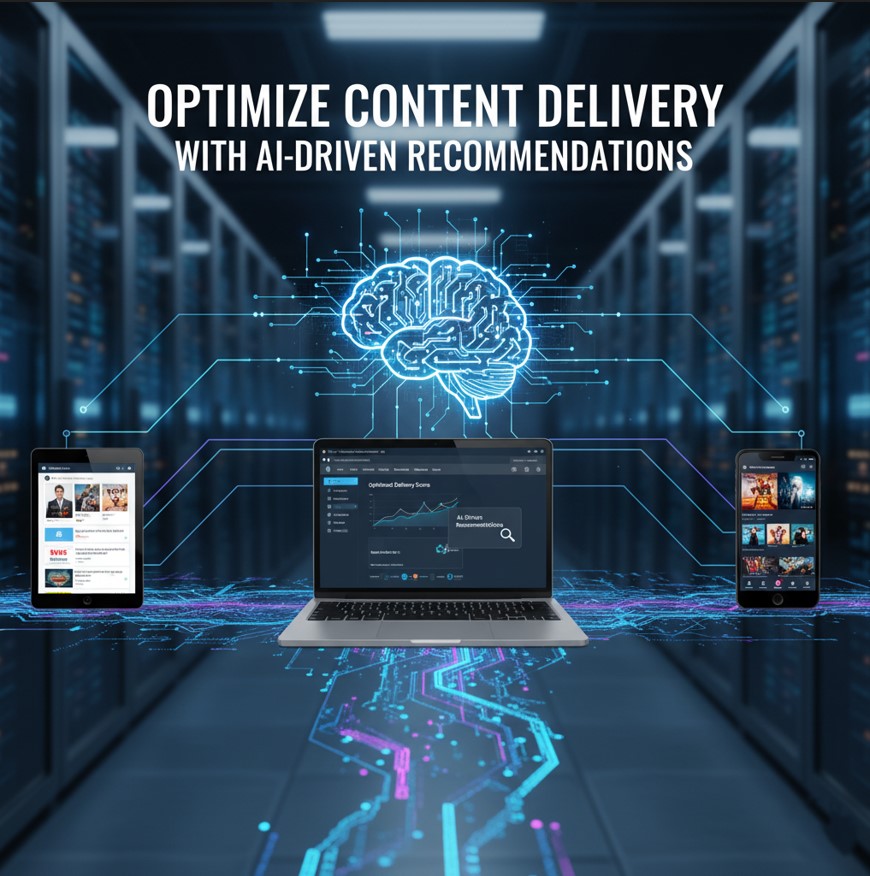
AI-Enhanced Post-Event Analysis and Reporting
After the event, AI dramatically streamlines the reporting process by consolidating data from multiple sources—event apps, registration platforms, social media, surveys, and CRM systems. Machine learning models detect patterns and correlations that humans might miss, such as which sessions drove the highest revenue opportunities or which attendee segments showed the strongest intent to return.
AI can also generate automated post-event reports with visualizations, performance summaries, attendance heatmaps, and actionable recommendations. Instead of spending days analyzing numbers manually, marketers receive immediate insights that guide future planning, content strategies, and budget allocation.
This level of post-event intelligence enables continuous improvement, helping each event outperform the last with data-driven precision.
AI for Crisis Management and Real-Time Problem Solving
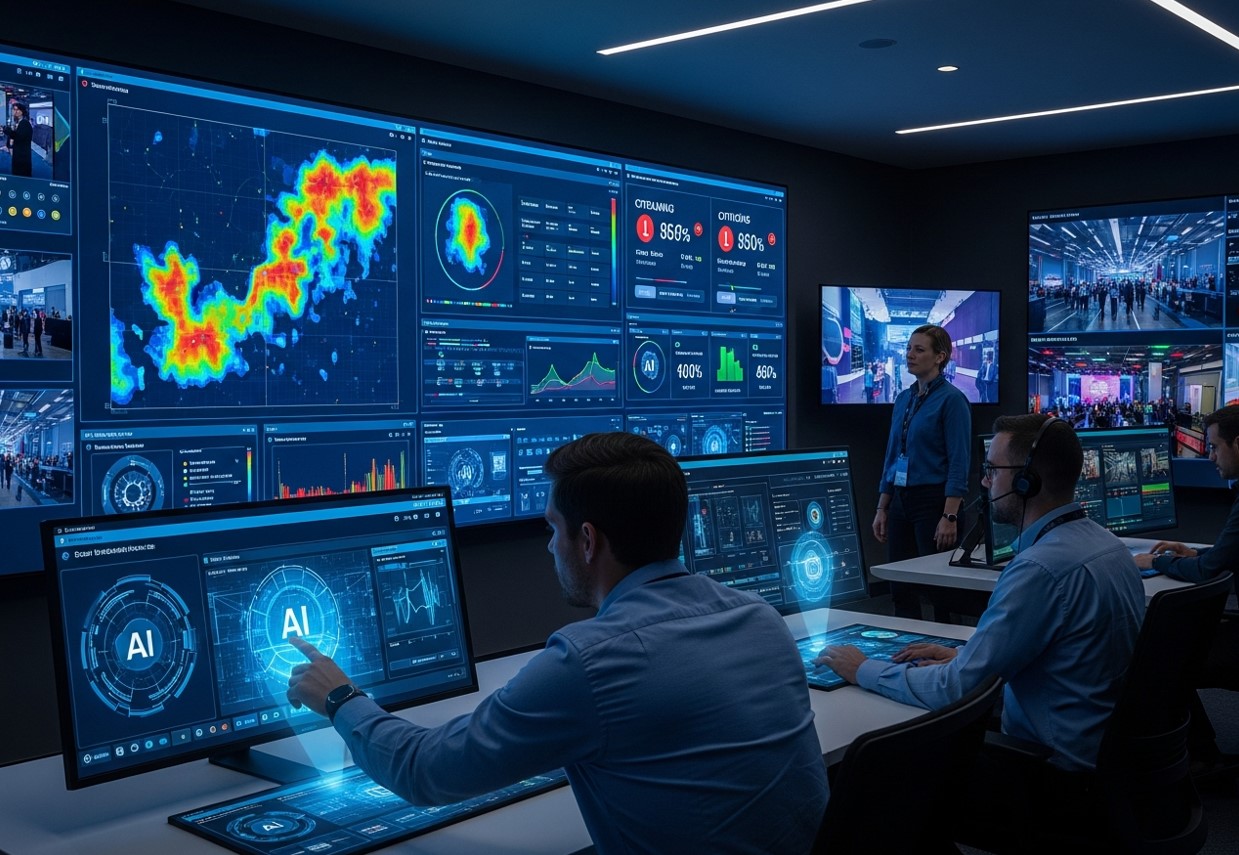
Events are unpredictable, and issues can arise at any moment—from overcrowded sessions to technical malfunctions or long registration lines. AI-powered monitoring systems can detect potential problems early by analyzing real-time data streams such as foot traffic patterns, app interactions, or attendee messages.
If a room reaches capacity, alert systems can propose alternative spaces or send push notifications suggesting nearby sessions. If registration times spike, AI can adjust staffing recommendations or open additional entry points.
In digital environments, AI monitors stream quality, latency, and bandwidth usage, automatically adjusting settings to prevent delays. Sentiment analysis tools can detect negative chatter online and alert your team to intervene before complaints escalate.
AI-driven crisis management ensures smoother event operations, fewer disruptions, and a more seamless attendee experience overall.
Conclusion
AI is revolutionizing event marketing by enabling unprecedented levels of personalization and efficiency. From predictive analytics and AI chatbots to dynamic pricing and smart badges, these seven strategies provide a roadmap for crafting data-driven, attendee-centric experiences. By integrating AI into your event marketing mix, you can boost engagement, optimize resources, and deliver memorable moments that resonate long after the final session ends.
As you explore these AI-powered tactics, remember to start small, measure impact, and iterate. Prioritize data hygiene, choose flexible technology partners, and keep the attendee experience at the forefront of every decision. With a strategic AI blueprint in place, your next event will not only stand out in a crowded market but also set a new standard for personalization in event marketing.
Frequently Asked Questions (FAQ)
How can AI improve attendee satisfaction during events?
AI enhances satisfaction by providing real-time personalized support through chatbots, tailored session recommendations, streamlined navigation, and smart onsite interactions. It reduces friction, answers questions instantly, and ensures every attendee receives a custom experience that aligns with their interests.
Is AI difficult to integrate into existing event marketing tools?
Not necessarily. Many modern event platforms already offer built-in AI features such as predictive analytics, recommendation engines, and matchmaking. For more advanced tools, APIs and integrations make it possible to connect AI systems with CRM, email software, ticketing solutions, and mobile apps.
How does AI help increase event ROI?
AI maximizes ROI by improving targeting, boosting registration through personalized outreach, optimizing ticket pricing in real time, increasing attendee engagement, and automating follow-up processes. It also provides detailed data insights that help refine future event strategies for better results.
Can small events or organizations benefit from AI?
Absolutely. Even small-scale events can leverage AI for email personalization, chatbot support, automated follow-ups, sentiment analysis, and basic predictive insights. Many AI tools offer affordable tiers ideal for smaller budgets.
Will AI replace human event marketers?
No—AI is designed to enhance, not replace. It automates repetitive tasks and provides insights at scale, but human creativity, empathy, and strategic thinking remain irreplaceable. Successful event marketing relies on combining AI-driven efficiency with human-driven storytelling and relationship building.
How can AI improve post-event engagement?
AI analyzes attendee behavior, recommends personalized follow-up content, automates lead scoring, and supports community-building by connecting attendees with relevant groups, resources, or networking opportunities. It turns one-time participants into long-term community members.
What type of data is needed to leverage AI effectively?
High-quality data from CRM platforms, event apps, ticketing systems, website analytics, and social interactions are essential. Clean, structured, and integrated datasets ensure AI can deliver accurate predictions and personalized recommendations.

